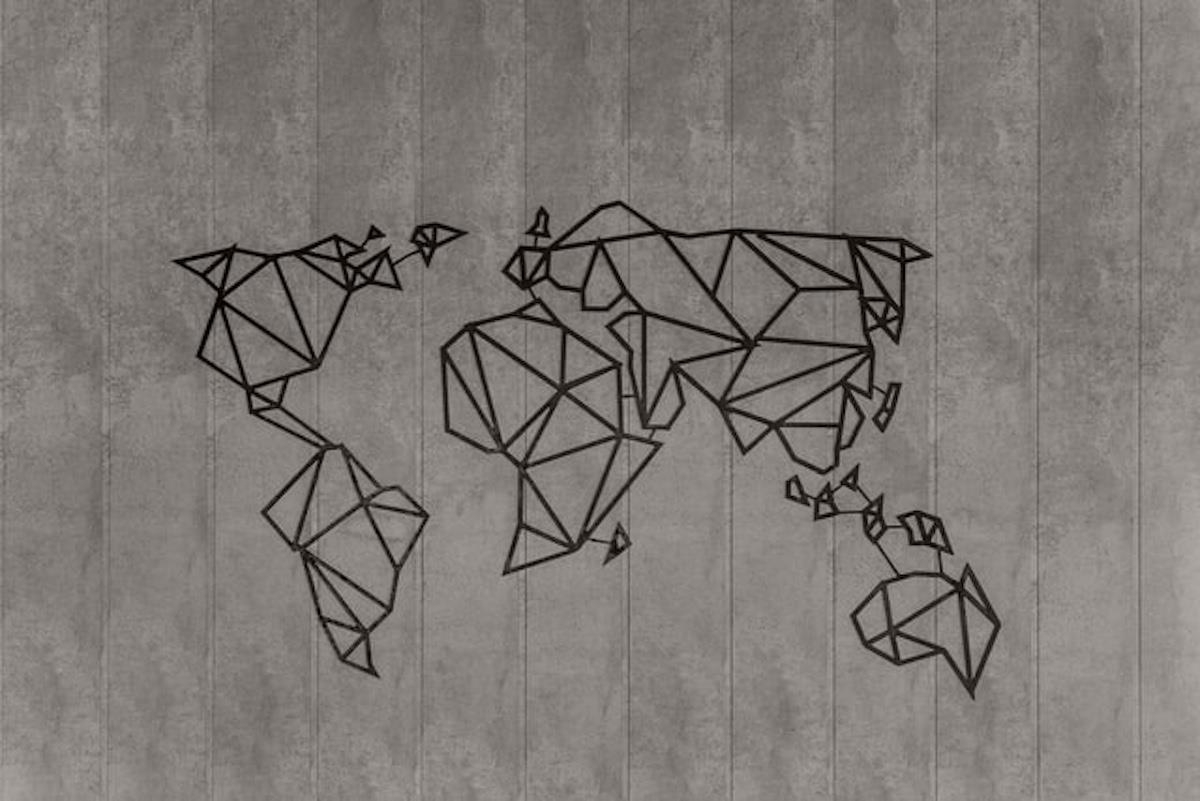
A 'Rules-Based' Or 'Principle-Driven' New Global Order?
Among the most striking signs of these turbulent times is the assault on the rules-based international order, a long-time staple of Western foreign policy.
While the term was coined only after the Cold War, states' commitments to such an order, mainly for reasons of peace and security, can be traced back to the significant efforts to establish order after the Second World War.
While the concept is used to mean many different things, most often, it is understood as a shared commitment among states to conduct their activities in accordance with a set of established principles, rules and institutions that govern global affairs.
But which specific rules does this order refer to? And who has the authority to set and enforce them?
Under the guise of upholding universal principles, states and other international actors are subject to a range of inconsistent binding and non-binding rules, as well as double standards.
For instance, Western leaders participate in collecting evidence related to the Russia-Ukraine war but hesitate to act similarly regarding the Israel-Hamas war. Likewise, governments support the International Criminal Court (ICC) in prosecuting Russia's leader for war crimes while criticizing its decision to seek an arrest warrant for the Israeli prime minister.
The reality remains that the rules-based international order, still largely influenced by American liberalism, is now viewed by many as incapable of effectively regulating, let alone structuring, a coherent system of global governance.
Recently, the two main ongoing wars have pushed the international order to its limits and catalyzed a semi-constitutional moment favoring alternative approaches to international cooperation.
Even though this world has been seen before, and the post-1945 world order was precisely a direct response to two horrendous wars and a terrible economic depression, the nature and architecture of the rules-based order now require revision.
This revision is necessary to accommodate other powers' visions of international order and to prevent the law of the jungle from taking over.
The reaffirmation of the fundamental importance of the Atlantic Alliance and NATO finding renewed purpose are welcome developments, particularly in light of Europe's response to the war in Ukraine.

Legal Disclaimer:
MENAFN provides the
information “as is” without warranty of any kind. We do not accept
any responsibility or liability for the accuracy, content, images,
videos, licenses, completeness, legality, or reliability of the information
contained in this article. If you have any complaints or copyright
issues related to this article, kindly contact the provider above.






















Comments
No comment